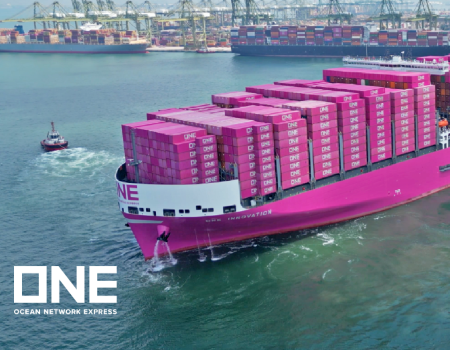ITM takes a look at the different types of trade finance available to businesses and looks at the recent survey from Trade Finance Global.
Export finance is a process of funding the exporters to facilitate their business in the global market. In simple words, it is a cash flow solution for exporters to cater to their production and other global transaction requirements including working capital. International businessmen require export finance when they want to assure the affordability of the production of goods along with an assurance of getting paid on-time while sending goods to another country.
‘Trade finance’ is an umbrella term, which includes a variety of financial instruments that can be used by businesses that import or export.
These include:
- Purchase Order (PO) Finance
- Stock or Warehouse Finance
- Structured Commodity Finance
- Invoice and Receivables Finance (Discounting & Factoring)
- Supply Chain Finance (also known as Payables Finance)
- Letters of Credit (LCs) and;
- Bonds & Bank Guarantees
The terms import finance and export finance are also used interchangeably with trade finance.
Types of export finance
Pre-Shipment Finance -This type of export finance is provided to the exporters for the purchase of raw materials and processing them into finished products. In other words, it is provided when the exporters need funds before the shipment of products or goods.
Packing Credit – The exporters can avail themselves of pre-shipment finance against the export order received from the importer in the form of Packing Credit. Once they receive funds from the overseas buyer, the amount of the packing credit will be adjusted.
Post Shipment Finance – As the name suggests, this export finance is provided to the exporters after the shipment of the products, and an invoice is raised from the importer to make the payment but this may take a minimum period of 3 to 6 months and the exporter needs working capital for this period to fulfill orders. Export finance allows them to do so.
Bill Discounting and Invoice Factoring – The exporter can approach their bank or financial institutions for faster liquidation by presenting their invoice. Now the banker can purchase, collect, or discount the bill.
Finance Against Collection of Bills – In case of export to different countries, the exporters can obtain a loan from the bank against those bills sent for collection. The banks generally agree to finance these export bills which will be repaid by the guaranteeing companies in case of default.
Discounting Letter of Credit – Exporters can also get the loan against LC as it consists of security from the issuing bank regarding making payment.
Finance Against Allowances and Subsidies – Government provides subsidies to the exporters to enable them to sell the goods at a reduced price to importers.
Read the rest of the article in our latest issue.
Media contact
Editor, International Trade Magazine
Tel: +44 (0) 1622 823 922
Email: editor@intrademagazine.com








